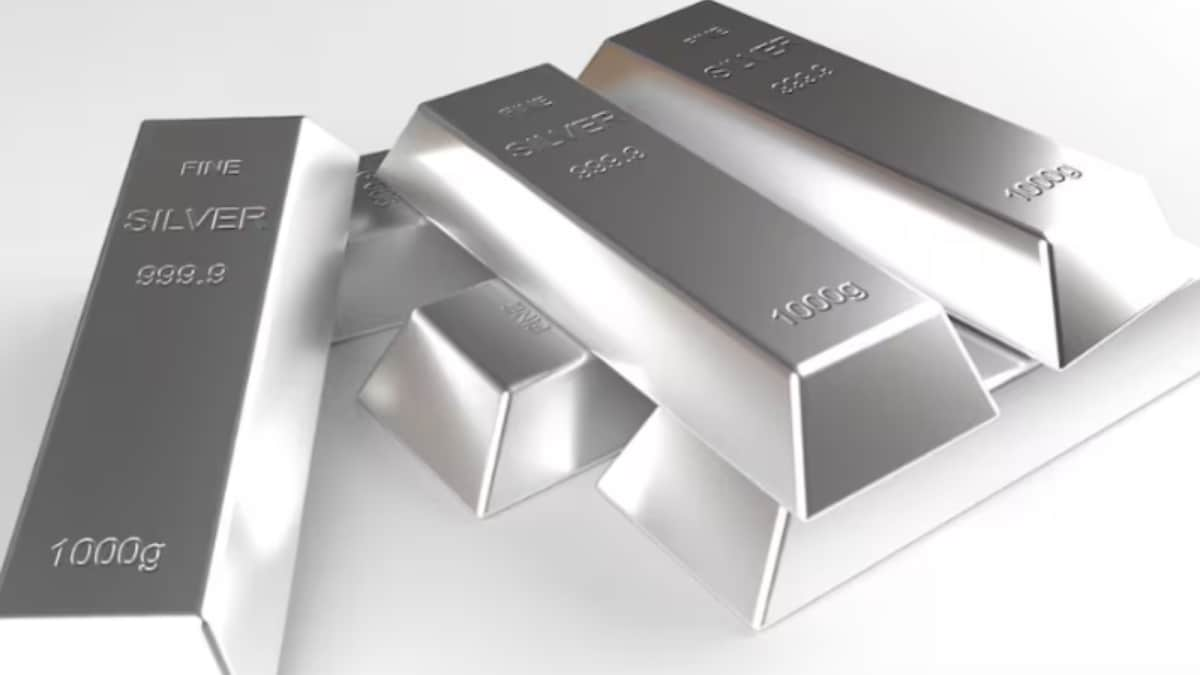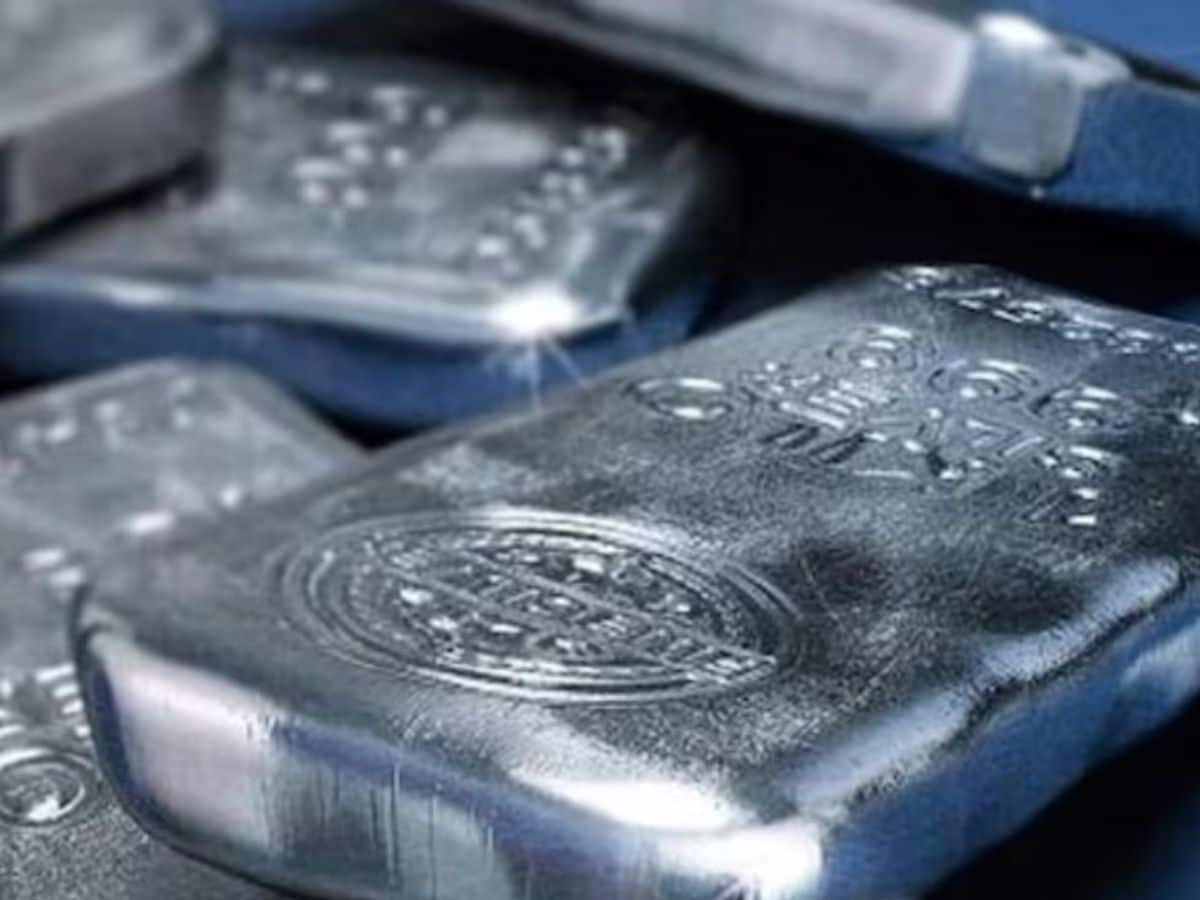
The Indian government on Wednesday announced restrictions on imports of silver and precious metal jewellery from several ASEAN countries, including Thailand, effective until March 31, 2026, citing a surge in such imports.
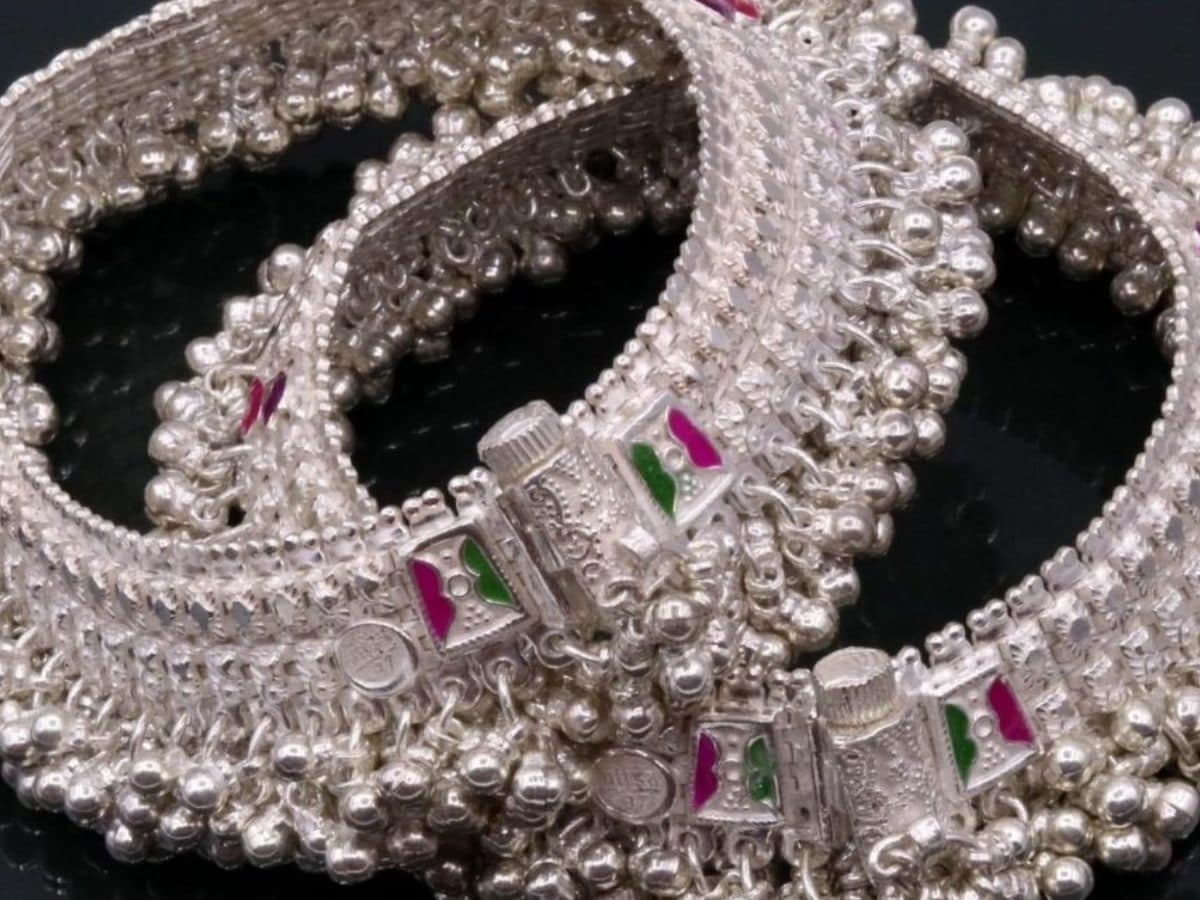
In a notification issued by the Directorate General of Foreign Trade (DGFT), the import policy for silver and precious jewellery has been changed from “Free” to “Restricted” with immediate effect. This change means a government licence will now be required for products that could previously be imported without any permission. The restrictions primarily affect silver jewellery, jewellery made of precious metals, and jewellery without gemstones, which had been imported without any hindrance until now.
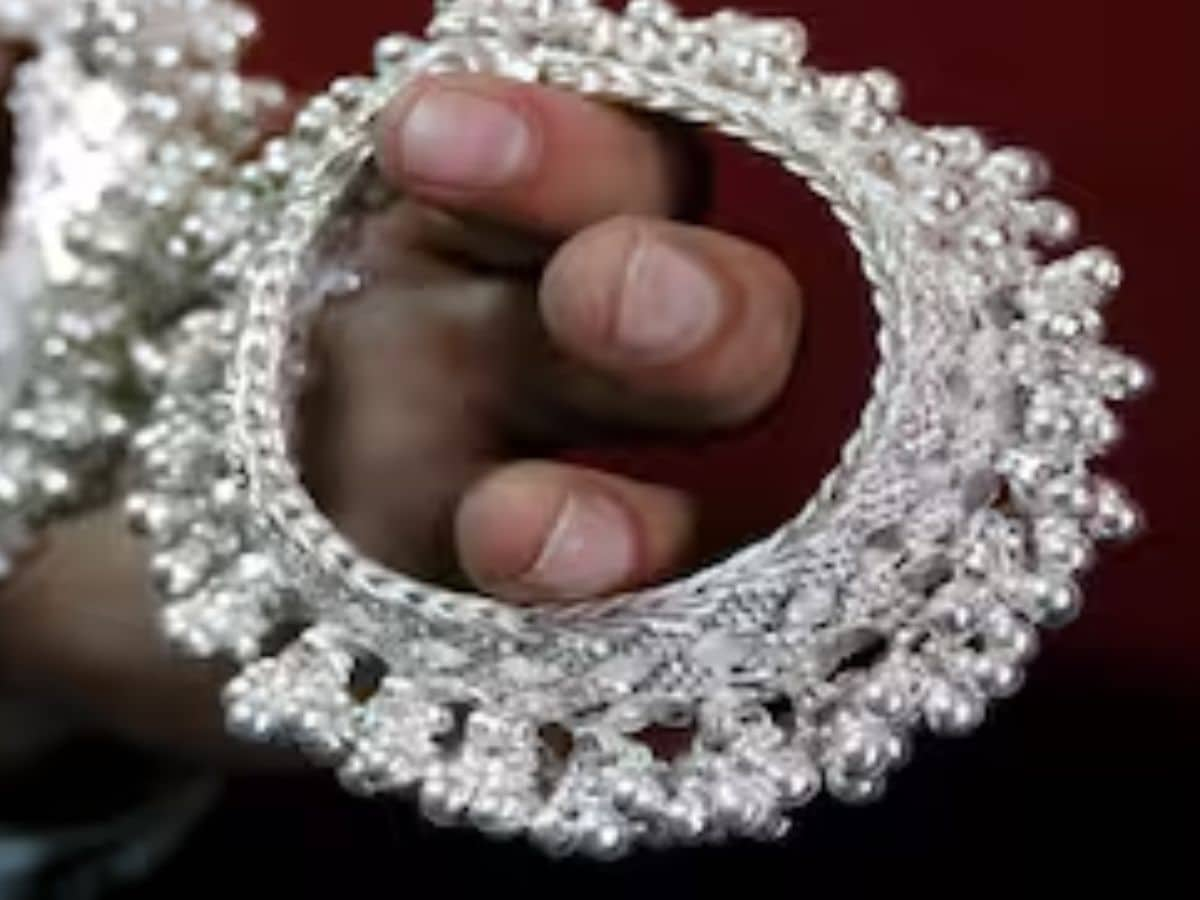
ASEAN (Association of Southeast Asian Nations) is a federation of 10 countries: Brunei, Cambodia, Indonesia, Laos, Malaysia, Myanmar, Philippines, Singapore, Thailand, and Vietnam. Recently, imports of these products from Thailand have increased at the fastest rate.
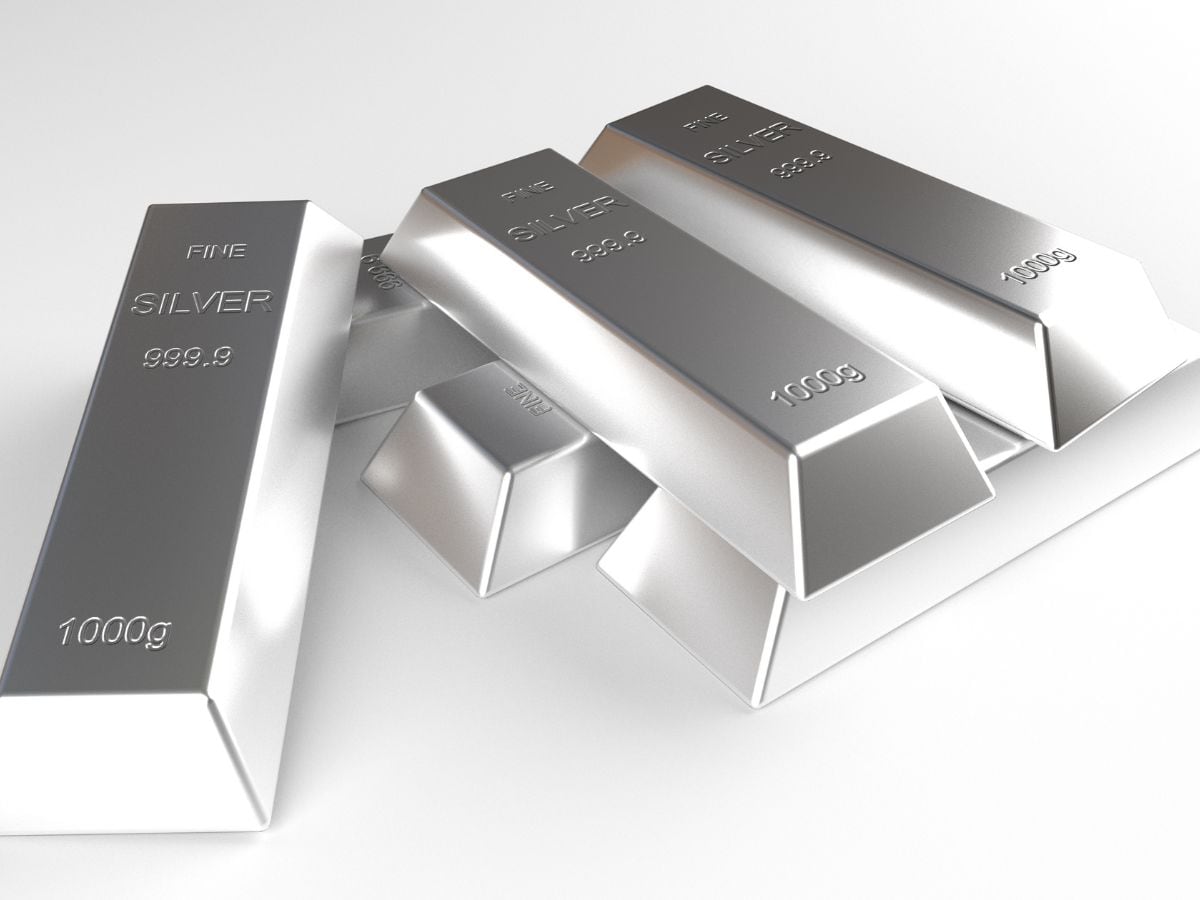
Officials indicate that Thailand is not a silver-producing country, yet large amounts of silver are being imported from there. This is believed to be an attempt to exploit duty exemptions under the ASEAN-India Trade in Goods Agreement (AITIGA). Approximately 40 metric tons of silver were imported from Thailand, with 98% of it coming from this single country.
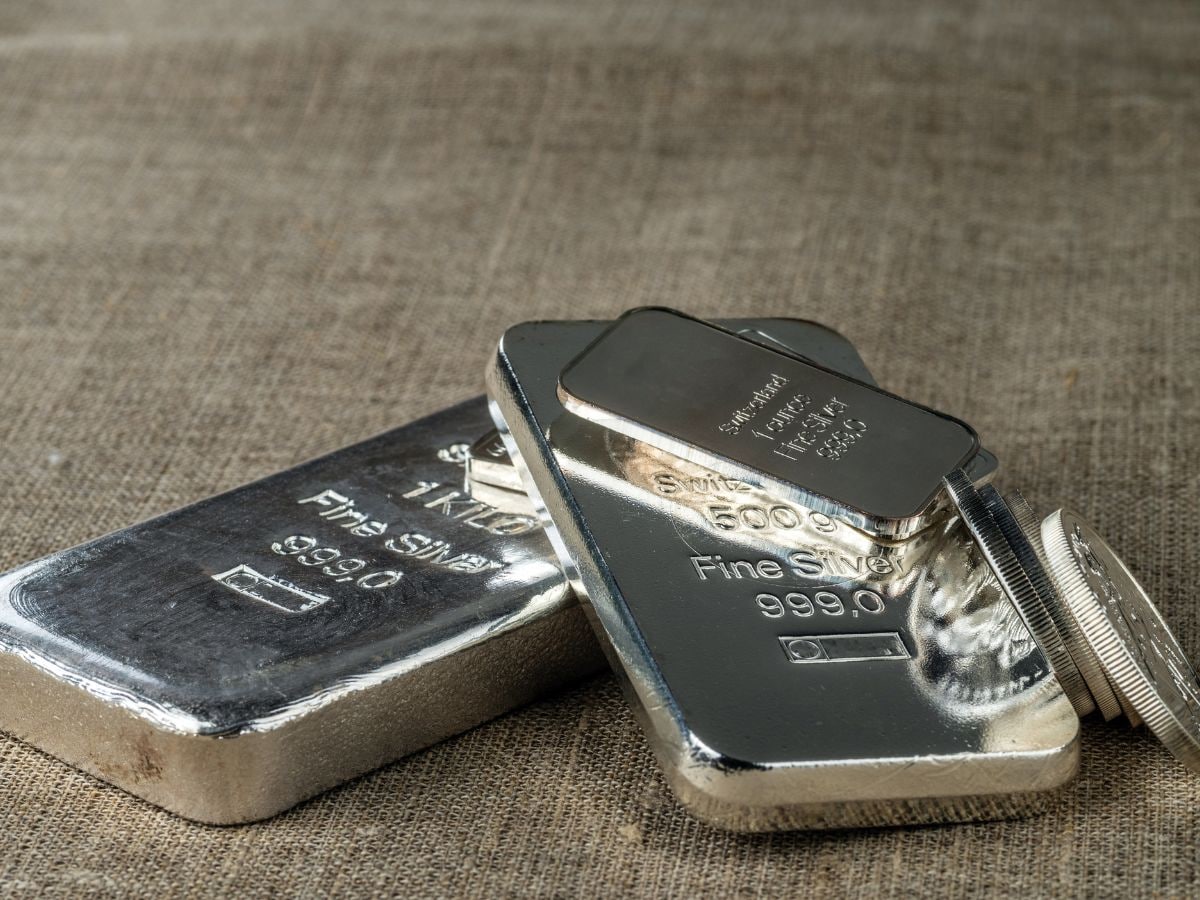
The government’s decision aims to prevent the abuse of free trade agreements (FTAs). This new policy will be implemented to control the practice of importing large quantities of silver by presenting it as finished jewellery.
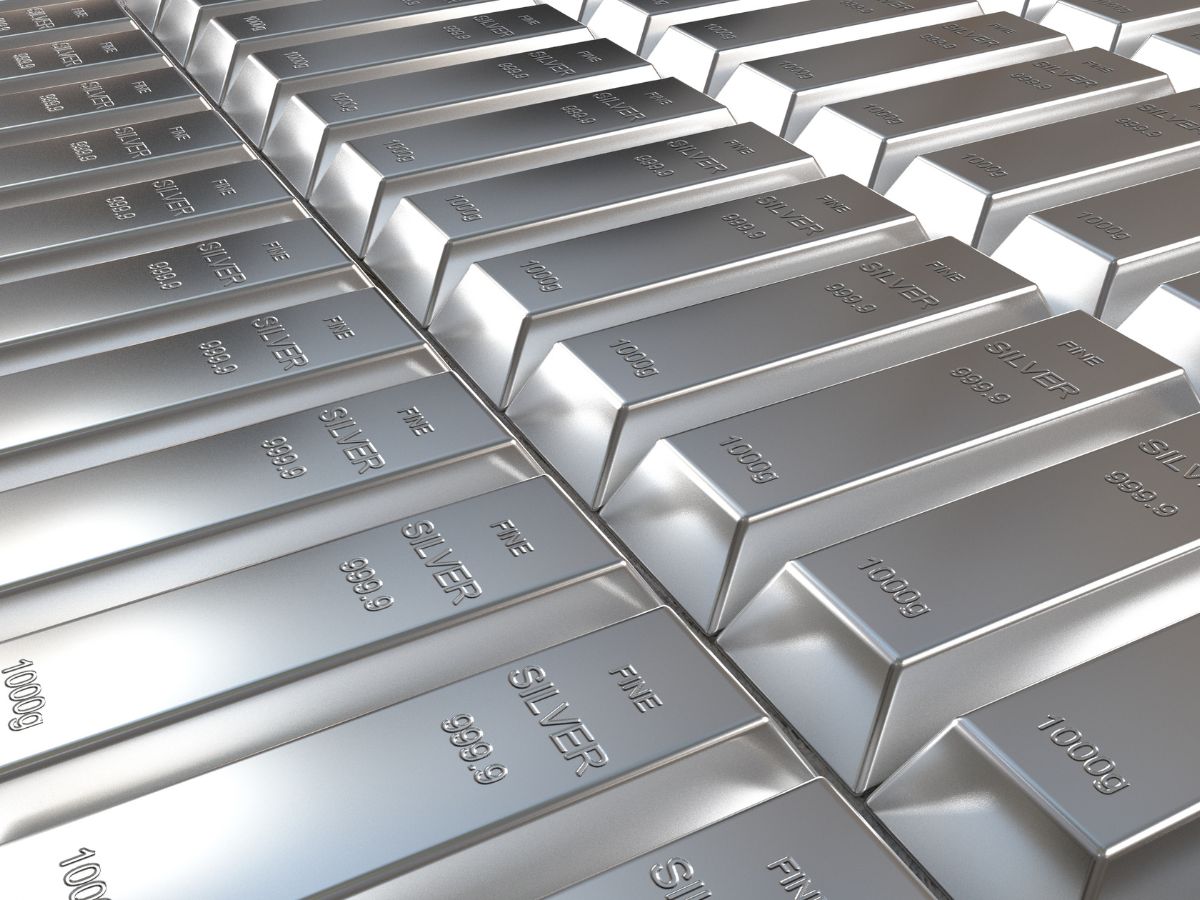
In a separate notification, DGFT has revised the export policy for non-basmati rice. Now, contract registration with APEDA (Agricultural and Processed Food Products Export Development Authority) will be mandatory for the export of non-basmati rice. The DGFT statement clarified that “exports will be permitted only if there are registered contracts.”
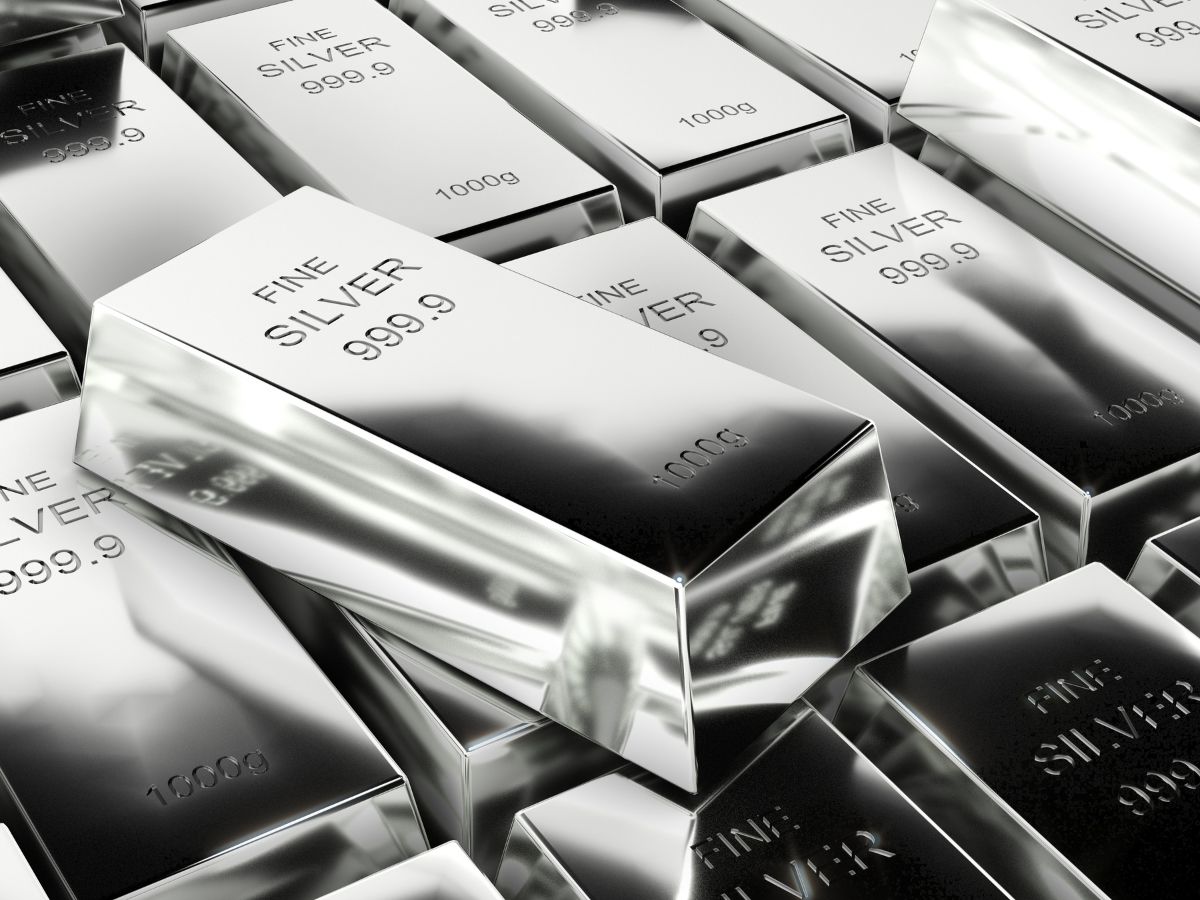
The government has also announced new policy conditions for the export of second-generation ethanol. This type of ethanol, made from materials like bagasse, wood waste, and industrial waste, has low carbon emissions. Exports are allowed for both fuel and non-fuel purposes, according to the DGFT.

Second-generation ethanol, produced from cellulosic materials, does not utilise land for food crops and significantly reduces greenhouse gases. The government has stated that this will contribute to increasing the use of environmentally friendly energy. Meanwhile, there are expectations that silver prices may rise following the government’s decision.


